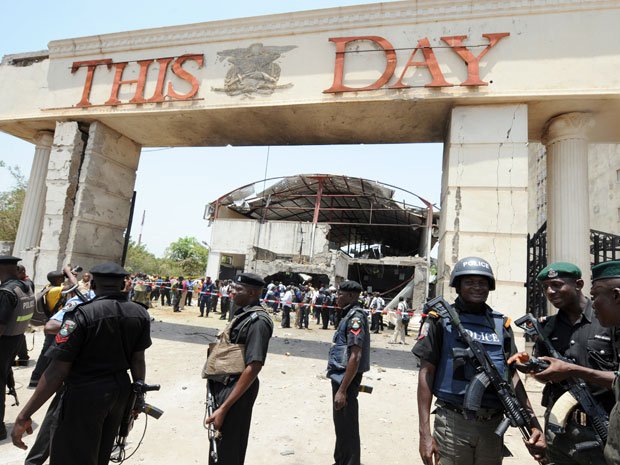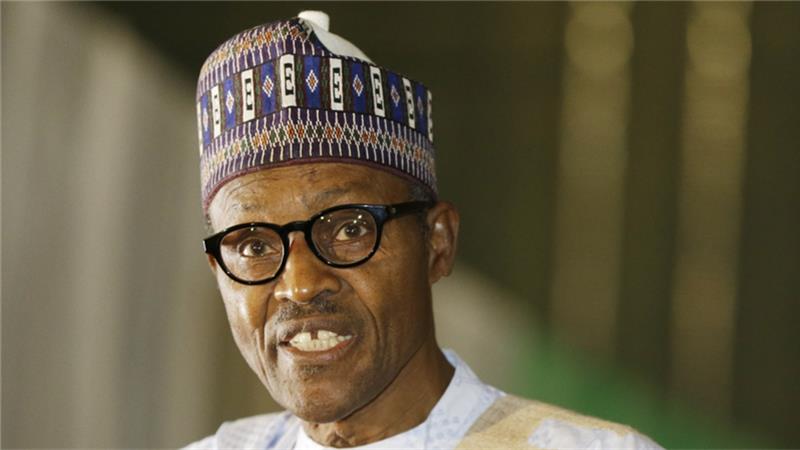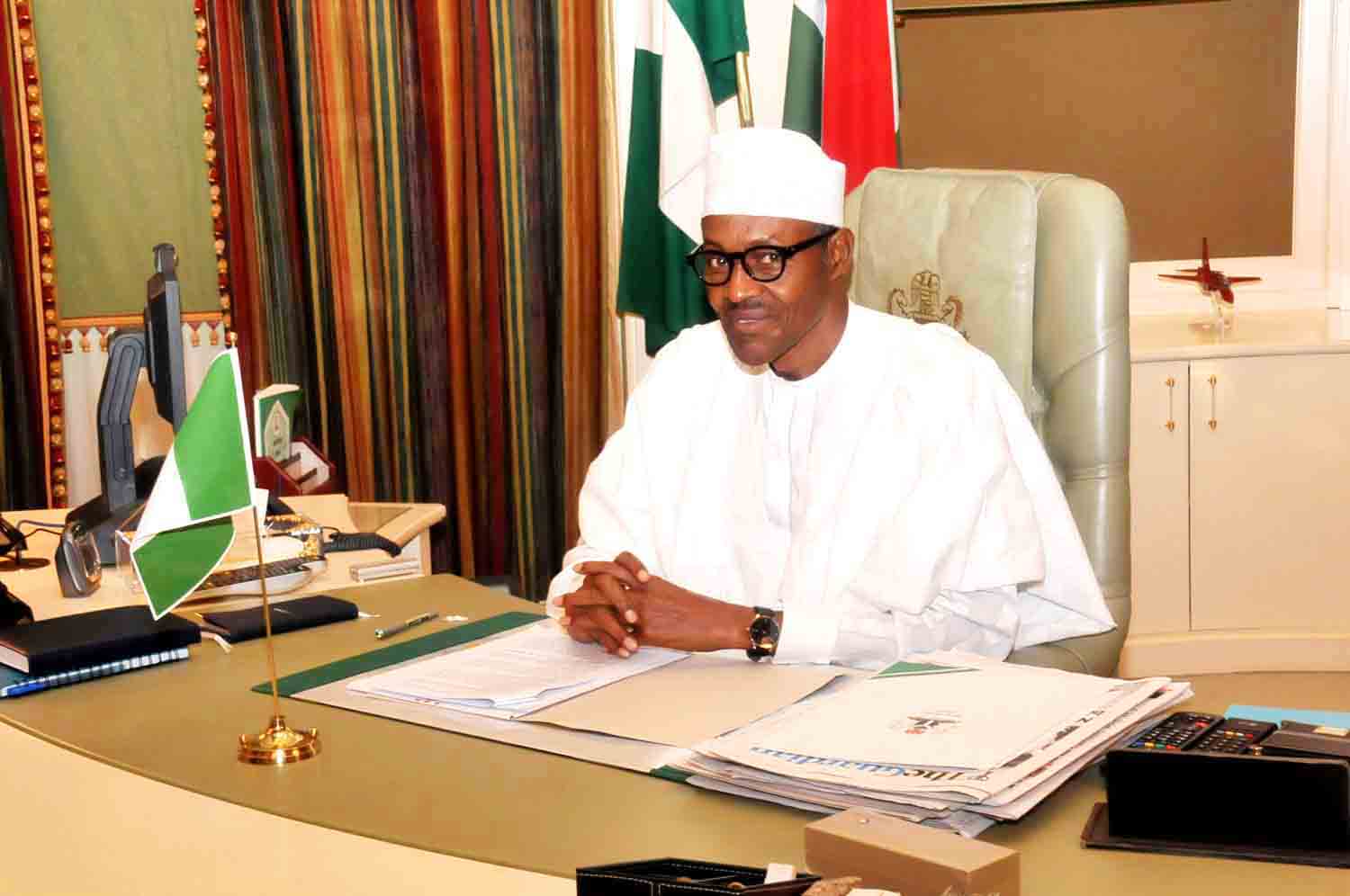By Ogundana Michael Rotimi
The debate whether the Nigerian government is weak if it negotiates with the dreaded Islamist sect, Boko Haram is out again. This was as a result of the statement credited to the Special Adviser to the President on Media and Publicity, Mr. Femi Adesina. During an interview with the British Broadcasting Corporation (BBC), he was quoted to have said: if “Boko Haram is willing to negotiate, why not?”
Following that, a press release was issued from his Abuja office to clarify the government’s position on the matter. Part of the press release reads thus: Most wars, however furious or vicious, often end around the negotiation table. So, if Boko Haram opts for negotiation, the government will not be averse to it. Government will, however, not be negotiating from a position of weakness, but that of strength.
This statement has generated a lot of controversies as it has been widely believed that it is only a weak government with less military might and poor intelligence gathering mechanisms that negotiates with terrorist. You see, in reality this is almost completely false.
The argument against negotiating with terrorists is simple: Democracies must never give in to violence, and terrorists must never be rewarded for using it. Negotiations give legitimacy to terrorists and their methods and undermine actors who have pursued political change through peaceful means. Negotiations can destabilize the political systems of a government, undercut international efforts to outlaw terrorism, and set a dangerous precedent.
Advertisement
However, history has shown that it is almost impossible to defeat an organisation composed of individuals with guns and bombs without unbearable infringements on the human rights of the innocent. In the case of prolonged internal campaigns of terrorism, the promise of negotiations can be used as a bargaining tool to end violence, and will almost always lead to a ceasefire. This has been seen in almost every case where terrorist groups have been brought to the negotiating table. In the case of more isolated incidents, such as hostage-taking, it is worth making concessions in order to save the lives of the people who the government has no right to sacrifice for any reason whatsoever.
Meanwhile, in practice, democratic governments around the world secretly often negotiate with terrorists either directly or indirectly but deny doing that publicly. The lists of negotiations between democratic governments and terrorists are numerous, some are: In 1991, the British government maintained a secret back channel to the Irish Republican Army (IRA) even after the IRA had launched a mortar attack on 10, Downing Street, which nearly eliminated the entire British cabinet.
In 1988, the Spanish government sat down with the separatist group Basque Homeland and Freedom (known by its Basque acronym ETA) only six months after the group had killed 21 shoppers in a supermarket bombing.
Advertisement
In 2011, contrary to their principle, The Isreali Prime Minister, Benjamin Netanyahu approved the release of 1,027 prisoners that were responsible for the deaths of 569 Israeli civilians to meet the demands of Hamas in order to secure the release of the kidnapped Corporal Gilad Shalit.
Even the U.S. that often brags of its non negotiation policy with terrorists also has a long list of negotiations with terrorists throughout history. Some of which are:
1979: Iran Hostage Crisis – Iranian revolutionaries take more than 60 Americans hostage from the U.S. Embassy in Tehran, prompting a substantial response from President Jimmy Carter. After several strategies including embargoes and economic sanctions fail, Carter’s negotiations with the revolutionaries led to the unfreezing of over $8 billion in Iranian assets. The hostages were freed after 444 days of imprisonment, just after Carter left office and Ronald Reagan was sworn in.
1985: The Iran-Contra Affair – In direct opposition to an arms embargo, President Reagan authorizes the selling of arms to Iran, in exchange for seven American hostages held by Iranian terrorists in Lebanon. Amid heated backlash, Reagan denies any wrongdoing, only to later admit his knowledge of the affair.
Advertisement
1995: Bill Clinton met with Gerry Adams, the political leader of the Irish Republican Army, ignoring not only requests from Britain not to meet with Adams, but also the IRAs position on the State Department terror list. The IRA remained on the list until 1998.
2002: The George W. Bush administration paid a large sum $300,000 ransom to Abu Sayyaf, an Islamist extremist group in the southern Philippines, to secure the return of two American missionaries, Martin and Gracia Burnham. Efforts by the Philippine military to rescue the missionaries results in Martin’s death, and Gracia’s return to the United States.
2009: Tom Pickering and Robert Malley, former U.S. government officials, met with leaders of the Palestinian terrorist group, Hamas. The meeting, held in Zurich, is just one of a long string of meetings between Hamas and U.S. officials with ties to both the Clinton and Obama administrations.
2010: British hostage Peter Moore is released in Iraq, in exchange for the release of Qais al-Khazali, a prisoner being held by the U.S. military. Khazali, the leader of the Shia military group League of the Righteous, was suspected to be involved not only in Moore’s kidnapping, but also in the killings of five American soldiers.
Advertisement
2014: Army Sgt. Bowe Bergdahl, an American soldier was released by the Taliban in exchange for five Taliban fighters held at the Guantanamo Bay prison by the US. Through all the noise and controversy surrounding the return of Army Sgt. Bowe Bergdahl, one thing has remained clear, President Obama is not apologizing for his decision to bring Bergdahl home. “We do not leave anybody wearing the American uniform behind,” he said.
The point is, one may choose to agree or disagree with the policy of not negotiating with terrorists, there are valid arguments on both sides of the debate. But suggesting that the practice is unprecedented and anything other than routine in international affairs is misleading.
Advertisement
Should Boko Haram care for negotiation, the Nigerian government should negotiate with them. However, the government should negotiate from the point of strength and not from that of weakness. Negotiations with people like Abubakar Shekau can lead to an outcome that is better than the status quo and avoids more loss of lives and damage of properties. Boko Haram in the past few years of its existence have been responsible for the loss of thousands of lives, damage of thousands of properties, displacement of millions of people and the abduction of groups and individuals.
It is the primary responsibility of any government in the world to save the lives and protect the properties of her citizens. It doesn’t matter the way it goes about it, so long it is for the good of the people and the nation, it must be done!
Advertisement
Those that have in one way or another been victims of one form of terror or the other either by loss of loved ones or properties know better. They careless about the tactics the government chose to employ in putting an end to the Boko Haram insurgency. The only thing they care about is living in a society where their lives and properties are safe.
Negotiations with terrorists are not an easy task. However, it is worth trying to reach a peace agreement.
Advertisement
Personally, I really wish that the military can completely root out the deadliest terrorist sect and stop them from committing further harm. But now that this is not coming through and the terror spree continues, if negotiation becomes an option the government should debate
We have tried to use our force and the combined forces of our allies and yet the desired results are not coming forth, perhaps now it’s the time to start thinking of really bringing negotiation to the table.
God Bless Nigeria.
Rotimi is a public speaker. He tweets @MickeySunny.
Add a comment





